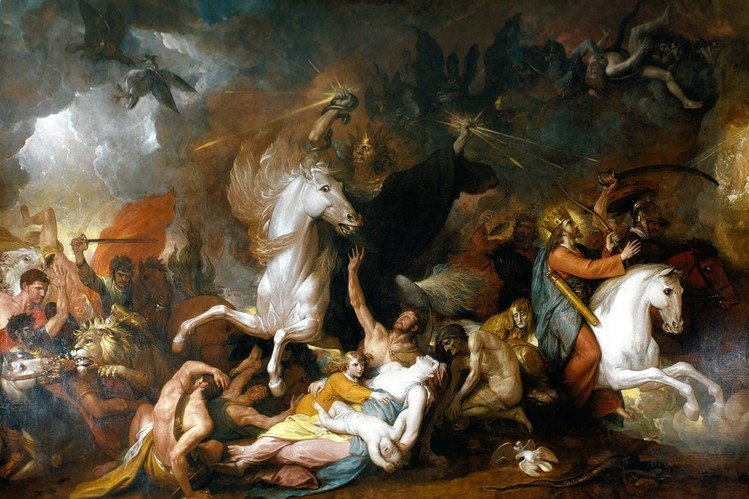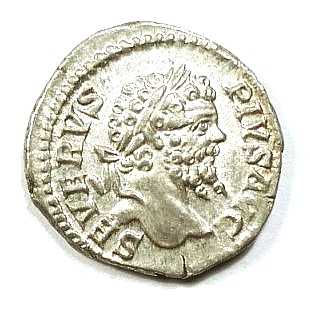The Roman historian Tacitus, not a Christian by any means, stated that an immense multitude were put to death under Nero. (The Fifth Seal, 303-313 AD, pg. 32).
“But all human efforts … did not banish the sinister belief that the conflagration [burning of Rome] was the result of an order [of Nero’s]. Consequently, to get rid of the report, Nero fastened the guilt and inflicted the most exquisite tortures on a class hated for their abominations, called Christians by the populace. … Accordingly, an arrest was first made of all who pleaded guilty; then, upon their information, an immense multitude was convicted, not so much of the crime of firing the city, as of hatred against mankind. Mockery of every sort was added to their deaths. Covered with the skins of beasts, they were torn by dogs and perished, or were nailed to crosses, or were doomed to the flames and burnt, to serve as a nightly illumination, when daylight had expired. Nero offered his gardens for the spectacle … Hence, even for criminals who deserved extreme and exemplary punishment, there arose a feeling of compassion; for it was not, as it seemed, for the public good, but to glut one man’s cruelty, that they were being destroyed.”
Alfred John Church, translator, Annals of Tacitus, Bk. 15 : 44, pp. 304-305. Emphasis added.


